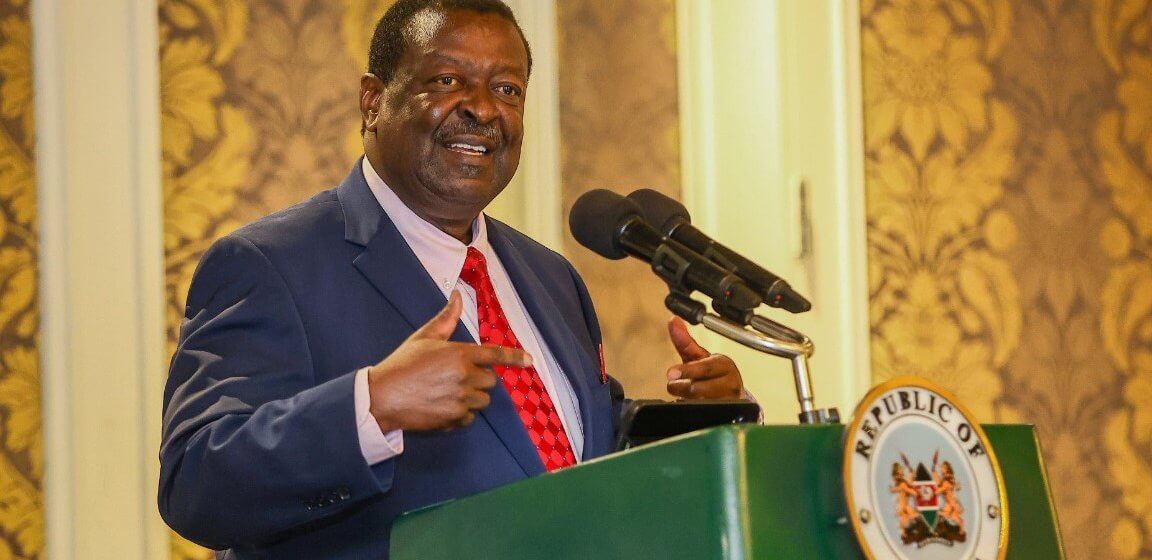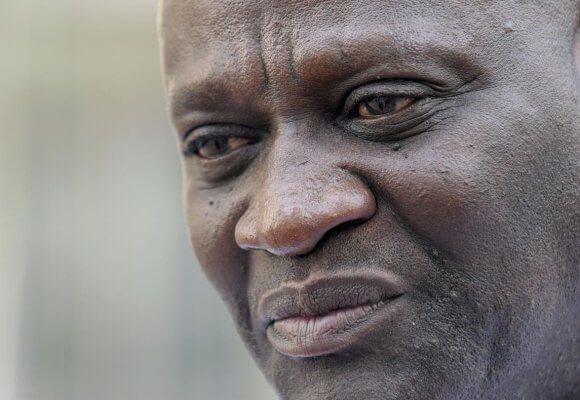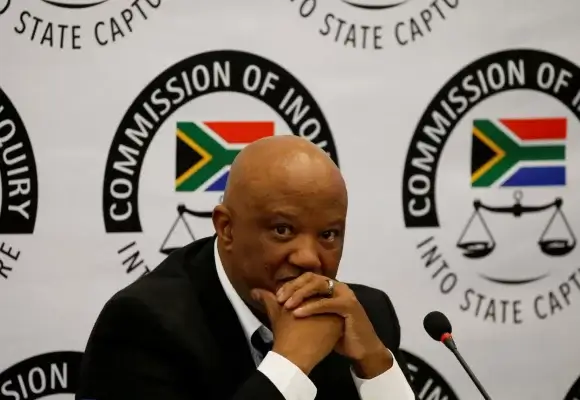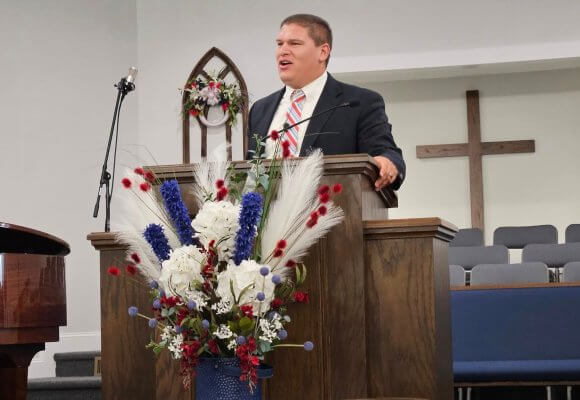|
LISTEN TO THIS THE AFRICANA VOICE ARTICLE NOW
Getting your Trinity Audio player ready...
|
Kenya’s Prime Cabinet Secretary and Foreign Affairs Minister, Dr. Musalia Mudavadi, Tuesday, April 15,urged the global community to increase pressure, including the use of sanctions, against those perpetuating conflict and obstructing humanitarian assistance in Sudan, now entering its third year of violence.
Speaking at the London-Sudan Conference held at Lancaster House, Mudavadi warned that the Sudanese conflict has transformed into the world’s worst internal displacement crisis and accused armed groups of prioritizing military victory over human welfare. The result, he said, has been an expanding humanitarian catastrophe, with millions displaced and critical aid blocked, particularly in areas outside government control.
“We must hold to account those who continue to block humanitarian agencies from accessing those most in need,” Mudavadi said, urging the international community to take “firm and coordinated measures” including targeted sanctions.
Sudan descended into chaos in April 2023, after tensions between the Sudan Armed Forces (SAF) and the paramilitary Rapid Support Forces (RSF) escalated into full-scale conflict. Hopes for a short-lived confrontation quickly vanished as fighting spread across the country, crippling government institutions and plunging millions into hardship.
Despite ongoing diplomatic efforts and sporadic ceasefire talks, warring parties have maintained a belief that a military solution is achievable, a stance Mudavadi described as misguided and dangerous.
“The most vulnerable Sudanese; women, children, and the elderly, are paying the price,” he told the conference. “Many cannot even flee the conflict zones, not because they don’t want to, but because they simply cannot afford to move.”
While humanitarian agencies continue to operate in the country, their access remains severely constrained by both the fighting and bureaucratic barriers. Funding shortfalls are further compounding the crisis, with large areas effectively cut off from lifesaving assistance.
“We cannot normalize these atrocities,” Mudavadi said. “The time for a coordinated, firm international response is now.”
Kenya has played an active diplomatic role in addressing the Sudan crisis, both bilaterally and through regional frameworks. Just days after hostilities erupted in Khartoum, Kenya, through the Intergovernmental Authority on Development (IGAD), convened an emergency meeting of regional leaders.
Over the past two years, Kenya has hosted key Sudanese actors from all sides of the conflict, including General Abdel Fattah al-Burhan, the head of the SAF and Sudan’s Sovereign Council, and Lt. Gen. Mohamed Hamdan Dagalo, leader of the RSF. Nairobi has also provided logistical support for humanitarian convoys destined for Sudan.
Despite this active role, the minister said Kenya has maintained a neutral position in Sudanese peace negotiations. “We did not participate in the Nairobi talks of February 2025,” Mudavadi explained, “because we believe Sudan’s future must be determined by the Sudanese themselves. Kenya’s role is to support, not to dictate.”
One of the key themes of Mudavadi’s address was the need to consolidate the numerous peace initiatives, currently scattered across various forums, into a single, African-led process, with support from global institutions.
“There are too many fragmented peace tracks, and this weakens commitment. We must end the forum-shopping by parties who exploit the diplomatic landscape to avoid accountability,” he said.
He called for a harmonized peace framework, anchored by the African Union and IGAD, and backed by international players such as the United Nations, the Arab League, and key global powers.
Mudavadi firmly rejected any notion of dividing Sudan or supporting the emergence of parallel governments. “Kenya stands for the unity, sovereignty, and territorial integrity of Sudan. We do not support the balkanization of any African state.”
“The future of Sudan lies in inclusive dialogue and democratic transition, not military conquest,” he said. “We must act with urgency, unity, and purpose to support peace, restore dignity, and give hope to the people of Sudan.”
The London-Sudan Conference brought together representatives from governments, humanitarian agencies, and regional blocs seeking a pathway to end one of Africa’s most intractable conflicts.











LEAVE A COMMENT
You must be logged in to post a comment.